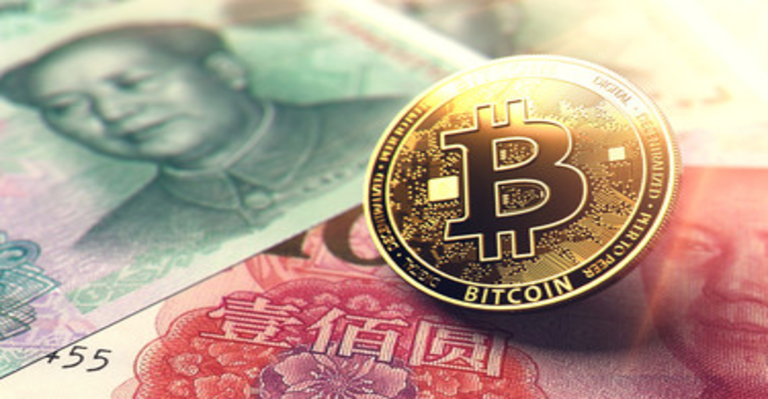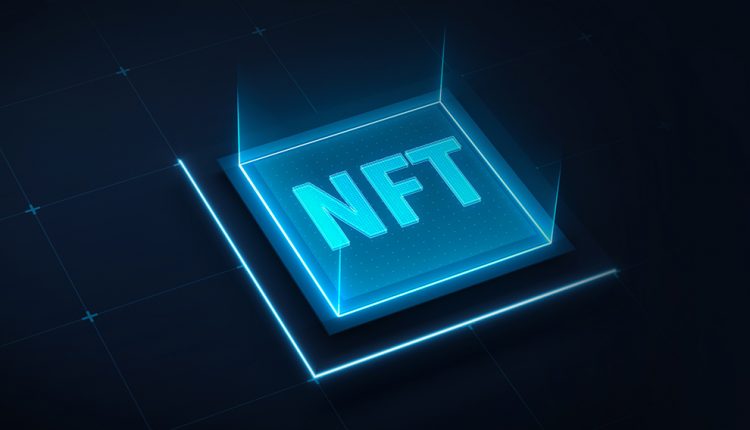Will Blockchain Become a Staple of the Olympic Games?
Non-fungible tokens, central bank cryptocurrencies, and Bitcoin payments — the Olympics in Japan became a laboratory for cryptocurrency innovation. The reasons for it are complicated but they can provide some insight into how cryptocurrencies might be used on a wider basis over the next decade.
Non-Fungible Tokens Are Providing New Kinds of Collectibles
A non-fungible token, or NFT, is a special variety of cryptocurrency. Rather than applying to real-world assets, such as fiat currency or gold, it instead applies to wholly digital assets. It doesn’t denote ownership in the copyright sense but does demonstrate that the holder of the token owns the rights to that asset on the blockchain. It’s somewhat like a digital certificate of authenticity.
NFTs are commonly used in the art world and now sporting organizations have jumped aboard. For example, the NBA has Top Shot which allows fans to own collectible limited edition clips of shots of winning basketball shots.
For the Japan 2020 Olympics, the International Olympic Committee formed a partnership with nWay to create a set of officially licensed digital NFTs that can already be traded on the blockchain.
Like Digital Olympic Pins
The Olympic NFTs were designed to provide a new way for Olympics fans to collect pins, a popular collectible hobby. Rather than collecting physical objects, the new solution enables fans to buy booster packs that contain unique digital assets or to trade pins with others via the nWayPlay marketplace.
There are also plans to allow fans to earn Olympic pins by participating in a real-time Olympic-themed game in the build-up towards the Beijing Winter Olympics in 2022.
Olympic teams also got in on the action. TeamGB, the British Olympic Team, launched their own NFT storefront where they sell a variety of digital assets. The first asset sold was a digitized mural of Team GB, with many more items for sale now.
China Will Showcase Its New Digital Yuan in the Winter Olympics
One of the more interesting crypto developments comes out of China. The country has been working on its Digital Currency Electronic Payment (DCEP) since 2014. China will be the first currency to release its own Central Bank Digital Currency (CBDC) in the form of the e-yuan. Additionally, for those interested in exploring how to buy Bitcoin in China, specific platforms and exchanges are available to facilitate such transactions and delve into the world of cryptocurrencies.
CBDCs are markedly different from other kinds of digital assets. While they do use asymmetric cryptography to ensure the security of the currency, they are inherently centralized and, in the e-yuan’s case, they do not use blockchain technology. Instead, they are backed 1:1 by a physical yuan, underpinning its value.
How the E-Yuan Works
Since the e-yuan does not use a blockchain, it cannot be distributed automatically. Instead, the e-yuan is distributed using a centralized two-tier system. The central bank distributes e-yuan to commercial banks, who in turn will distribute them to customers so that they can spend them.
Currently, customers can use a special app to make payments to merchants, but eventually, the government will release wearables that can be used as well.
Available at the Beijing Olympics
The Chinese government has already begun active trials using the digital asset but the true test will occur during the Winter Olympics in Beijing. The government has confirmed that it will be possible to buy Olympic merchandise in Beijing using the e-yuan and will even sell wearable gadgets that will let consumers make payments without relying on their smartphones.
Cryptocurrency Could Provide a Better Fundraising Tool for Olympians
Another way that blockchain technology could be instrumental is for individual Olympians who need to raise money to achieve their dreams. Previous fundraising methods have relied on Kickstarters, GoFundMes, sponsorships, or government grants.
These techniques have worked to some extent, but it remains challenging for athletes to raise enough money to allow them to concentrate on their training full time.
Cryptocurrency offers an alternative. Olympic teams have been accepting cryptocurrency for some time, such as the US Luge team in 2018. Because cryptocurrency has large growth spikes, less money can go further. It also makes it easier for people around the world to donate to their favorite athletes.
NFTs offer yet another way for individual teams to fundraise. By selling tokens or souvenirs on the blockchain, the athletes can monetize their careers and get the funds they need to focus on what they do best. This development could lead to fairer access to the Olympics and make it possible for even people from difficult circumstances to go to the Olympics.
Sports Exposure Will Be Good for Cryptocurrency
Sports exposure of NFTs will be excellent for cryptocurrencies. It will educate a wider audience about how blockchain tech works and, hopefully, it will draw more people into the cryptocurrency world.
In turn, the exposure will help to legitimize cryptocurrency and drive rapid adoption, at least in the NFT space. What effect this could have on the wider cryptocurrency market remains to be seen.
Recommended Reading: The Hidden Crypto Tokens to Explore in 2023


One thought on “Will Blockchain Become a Staple of the Olympic Games?”